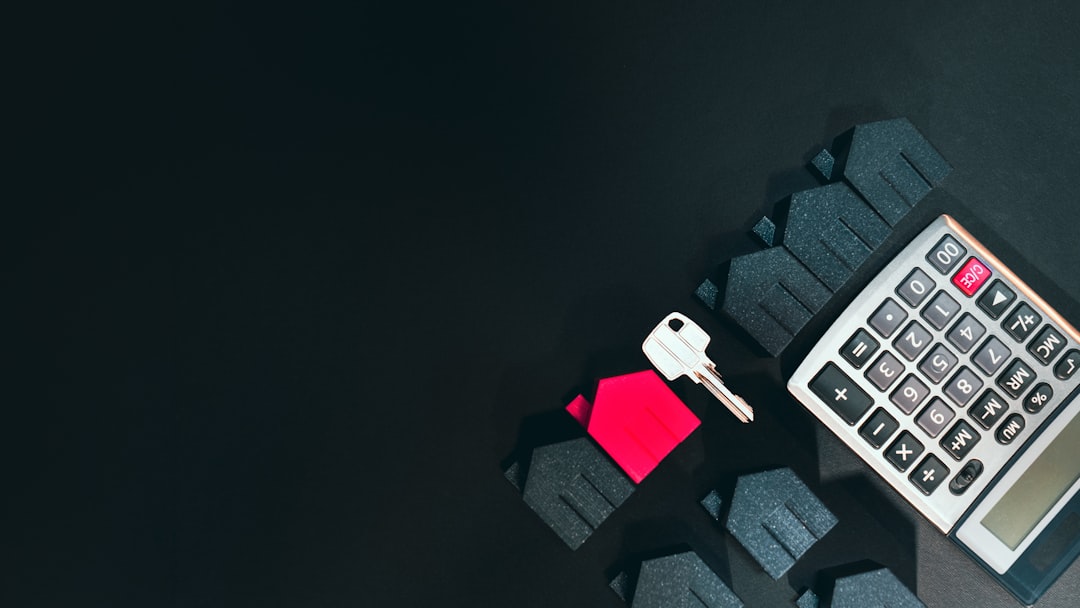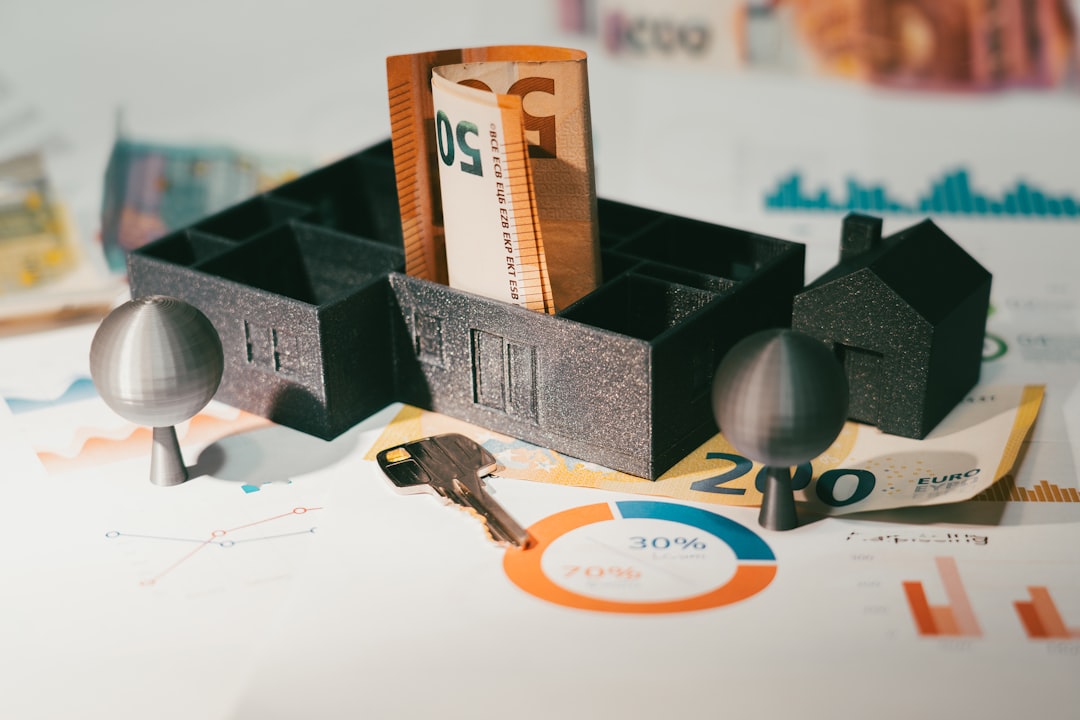Homeowner Consolidation Loans differ as secured loans require collateral like real estate, offering lower rates and longer terms to mitigate lender risk, while unsecured loans lack such guarantees, relying on borrower creditworthiness for higher interest rates and faster access but without asset forfeiture risk. Secured loans appeal to homeowners with assets, while unsecured loans cater to those without significant collateral, emphasizing robust credit profiles. Both serve unique purposes in debt management and home improvements.
Understanding the difference between secured and unsecured loans is crucial when considering debt consolidation options, especially for homeowners. This article breaks down these loan types, focusing on homeowner consolidation loans. Secured loans require collateral, typically your home, influencing interest rates and repayment terms. Unsecured loans offer access without collateral but come with higher interest rates. Homeowner consolidation loans leverage the equity in your property to provide lower rates and manageable terms. By understanding these options, you can make an informed decision for your financial future.
- Understanding Secured and Unsecured Loans
- How Collateral Affects Loan Terms
- Benefits of Homeowner Consolidation Loans
- Risks Associated with Secured Financing
- Unsecured Loans: Access Without Collateral
- Choosing the Right Loan Type for Consolidation
Understanding Secured and Unsecured Loans

Secured and unsecured loans are two distinct types of financial instruments, each with its own set of benefits and risks. Secured loans, as the name suggests, require borrowers to offer collateral, typically in the form of a valuable asset such as real estate or a vehicle. The lender holds this collateral until the loan is repaid in full. This type of loan often features lower interest rates because the lender mitigates some risk through the security of the collateral. Homeowner consolidation loans are a prime example where homeowners pool their existing debts into one secured loan, using their property as security.
Unsecured loans, on the other hand, do not require any collateral. Lenders solely rely on the borrower’s creditworthiness and ability to repay based on their income and financial history. While unsecured loans offer flexibility without tying up an asset, they usually come with higher interest rates due to the increased risk for the lender. This type of loan is suitable for various purposes, from personal expenses to business ventures, but borrowers should be prepared to demonstrate a strong credit profile or have access to alternative funding sources.
How Collateral Affects Loan Terms

When it comes to loans, collateral plays a significant role in shaping loan terms and conditions. In simple terms, a secured loan is backed by an asset, often referred to as collateral, which can be seized by the lender if the borrower fails to repay the debt as agreed. This act of providing collateral significantly influences key aspects of the loan agreement, including interest rates, repayment periods, and borrowing limits. For instance, homeowners consolidating debt through secured loans may enjoy lower interest rates due to the reduced risk for lenders, who can seize and sell the property in case of default.
The presence of collateral allows lenders to mitigate their risk, which often translates to more favorable loan terms for borrowers. In contrast, unsecured loans do not require any asset as security, making them a riskier proposition for lenders. As such, unsecured loans typically carry higher interest rates and shorter repayment periods compared to secured options, such as homeowner consolidation loans. This difference underscores the crucial role that collateral plays in determining the overall financial burden and accessibility of various loan types.
Benefits of Homeowner Consolidation Loans

Homeowner consolidation loans offer several benefits that can significantly improve an individual’s financial situation. One of the primary advantages is the simplification of debt management. By combining multiple debts into a single loan, homeowners can streamline their repayment process, making it easier to keep track of payments and potentially reduce overall interest expenses. This simplicity can lead to better financial control and peace of mind.
Additionally, these loans often provide lower interest rates compared to individual debt instruments due to the security offered by the homeowner’s property. This feature makes them an attractive option for those looking to save on interest costs over the long term. Homeowner consolidation loans also allow borrowers to access larger loan amounts, enabling them to address substantial debts or even home improvements, thereby fostering financial stability and potentially increasing wealth.
Risks Associated with Secured Financing

Secured financing, while offering potential advantages like lower interest rates and longer terms, comes with its own set of risks. The primary risk lies in the collateral requirement, which puts homeowners’ assets – often their homes – at stake. If the borrower fails to repay the secured loan, the lender has the legal right to seize and sell this collateral to recover the outstanding debt. This can result in financial hardship, even potential foreclosure, for the homeowner, especially if they are unable to meet the repayment terms.
For instance, a Homeowner Consolidation Loan, a type of secured financing, can help consolidate debt and lower monthly payments. However, if the borrower defaults, the lender could initiate foreclosure proceedings on the home. It’s crucial for borrowers considering secured loans to understand these risks fully and ensure they have a realistic plan to repay the loan, as the consequences of defaulting can be severe.
Unsecured Loans: Access Without Collateral

Unsecured loans offer an attractive option for borrowers who prefer not to tie up their assets as collateral. This type of loan is accessible to almost anyone with a stable income and a good credit score, making it easier for individuals to gain financial flexibility. Since no property or asset is at stake, unsecured loans provide a safety net, especially for homeowners looking into consolidation options. These loans can be used for various purposes, such as debt repayment, home improvements, or even major purchases, without the constant worry of potential asset forfeiture.
Unlike secured loans, which require borrowers to pledge collateral, unsecured loans rely on the borrower’s creditworthiness and ability to repay. This process simplifies the application and approval stages, making it quicker and less cumbersome for those in need of immediate financial assistance. Whether it’s a homeowner consolidation loan or any other personal financing need, unsecured options provide a convenient way to access funds without the added pressure of collateral obligations.
Choosing the Right Loan Type for Consolidation

When considering homeowner consolidation loans, understanding whether your loan is secured or unsecured is crucial for making an informed decision. Secured loans are backed by collateral, typically your home, which acts as a safeguard for the lender. This means if you fail to repay, they have the right to seize and sell the asset to recover their losses. Unsecured loans, on the other hand, carry no such guarantee; lenders rely solely on your creditworthiness and repayment history.
For consolidation, secured loans can offer lower interest rates due to the reduced risk for lenders. This is particularly appealing if you have a strong credit history and equity in your home. However, unsecured options might be more suitable if you’re concerned about not owning a home or prefer not to put up collateral. They often come with higher interest rates but provide flexibility and the peace of mind that your primary residence remains protected.
When deciding between a secured or unsecured loan for consolidation, homeowners should weigh the pros and cons of each option. Secured loans, backed by collateral like real estate, often offer lower interest rates but carry risks if you default. Unsecured loans provide flexibility with no collateral required but may have higher rates. For homeowners looking to consolidate debt without sacrificing their assets, homeowner consolidation loans stand out as a viable solution, balancing accessibility and security.
